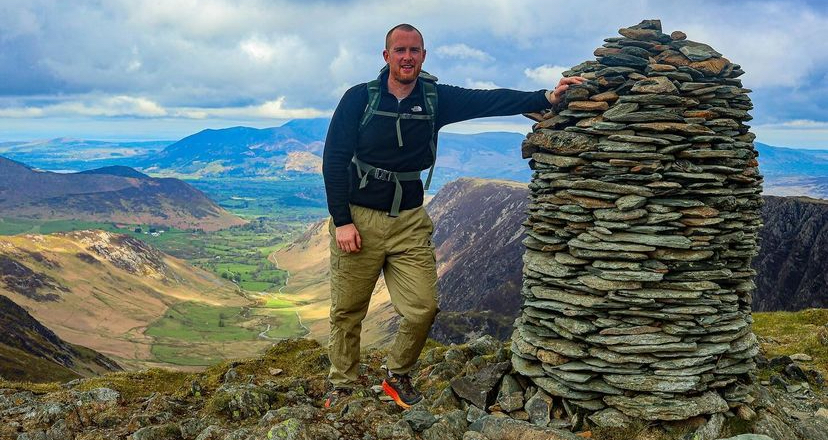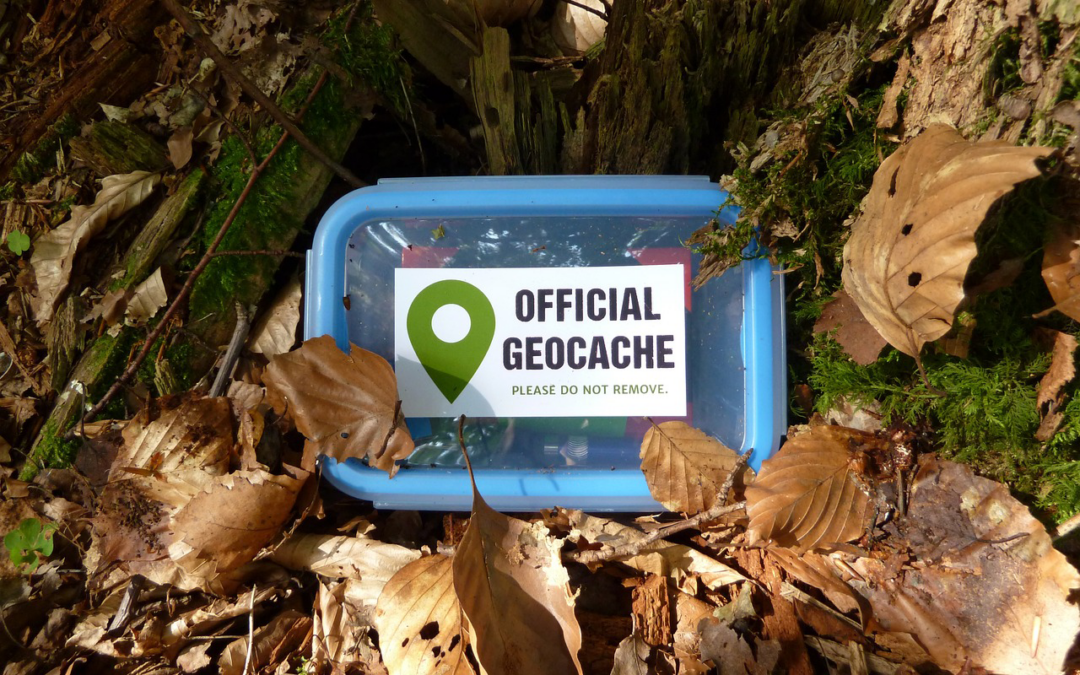Is it time to ditch the headphones, go on a silent walk and truly connect to the great outdoors by listening to what’s around us?
TikTok has had some weird trends since its creation back in 2016; from lip-syncing battles, food eating challenges and even sleeping in silicone patches to avoid wrinkles forming overnight. But now something else is trending, walking. Dubbed as ‘silent walking’, some people are becoming more likely to not use any technology whilst on a walk in an attempt to truly connect to their surroundings. It’s been a practice for thousands of years until the possibility for 24/7 distractions entered many of our lives, so why is it now trending?

Louise Gungaram, an integrative psychotherapist and outdoor counsellor based in Nottingham and Mansfield, conducts her therapy sessions with nature at the focal point of each meeting. Through outdoors and mindfulness activities using the surrounding environment, nature is at the heart of each experience. For Louise, getting outside is such an important part of her work and personal life.
This is because, she says, “As humans we have this innate desire to connect to nature, which is believed to stem back to our ancestors who were more connected to nature so they could be more likely to survive, because they would know where to find shelter. In my experience, people do tend to feel calmer and happier, having spent time in nature.”
This theory is called the biophilia hypothesis and was created by Erich Fromm, a psychoanalyst, in 1973. He described it as “the passionate love of life and of all that is alive.”
It’s a wonder then, that if humans have such an innate passion for connecting with the natural world that so many of us would block it out in favour of other distractions.
Many of us live in urban spaces which so often means we find ourselves having fast paced lifestyles, using technology as an escape. Data from DataReportal shows that last year, on average around the world people spent 6 hours and 37 minutes connected to technology each day.
This increased connection to technology, whilst in the moment may distract us, can actually make us feel worse in the long run. Eye strain, disrupted sleep patterns and mental health issues are among the issues reported linked to technology use.
But, silent walking is more than just walking without being connected to our phones. It’s a conscious effort to tap into yourself. By listening to what’s going on around us, we’re grounded and present rather than allowing our thoughts and busy schedules to cloud over us.
Louise says: “We don’t often really stop or slow down. If you’re going for a walk, the purpose of that is just to be in that space at that moment. We’re either ruminating over things that have happened in the past or focused on what might come in the future, whereas actually, silent walking can be a way of bringing us to that present moment. It really simplifies things and when we do take the chance to stop and reflect, we can gain more insight than if we just keep on ploughing through it.”
So, if we live in urban areas that are often loud and busy, how do we do a silent walk and connect to nature?
Trying to make the time to travel to a greener area can be a great start. But if that’s too much of a challenge for you right now, go for a walk around your neighbourhood and tune in to what sounds you can hear. Dr Eleanor Ratcliffe, a lecturer in environmental psychology at the University of Surrey, found that some birdsong can actually have a restorative effect on people. Although sounds of nature have been found to be more relaxing than the sounds you may hear in urban areas, silent walking is all about grounding yourself, so it can be done anywhere. Just getting out there and noticing what’s around you can help you feel massive benefits.
Making the time to travel to a scenic space might seem like a lot of effort when you live in a city, but those people who do get out into those areas often rave about the benefits of it.
Penny Crowther has been part of many silent walks that are organised by the group a silent walking group and certainly feels the benefit of making time to do it. “I love to be able to just focus on nature, and not have to make conversations sometimes. I find it a lot more beneficial than doing sitting down meditation to be honest. It’s just reconnecting with yourself, really just tuning in. It’s quite hard to describe, but I always feel rejuvenated afterwards.”

The silent group is a breakout branch of a walking group called ‘The Saturday Walkers Club’ which has walks in areas such as The Peaks, London, Essex and Cardiff. These walks dedicate around half of the journey to silence, the group then stops for lunch where the walkers resume conversation for the rest of the afternoon. But some people from the original walking group just didn’t understand it.
Penny says when the group was first created back in 2000, they faced some backlash from those who couldn’t grasp the concept of silent walking. “We got quite a lot of stick actually, it was quite surprising. People posted derogatory comments like, this must be for people that don’t have any social skills. But it wasn’t like that, everyone inside that walking group had really good social skills and some people were quite outgoing, but they just wanted to have some space. It was just a bit of a radical idea for a lot of people.”
Those who were a part of the silent walking group felt a difference not only in their individual moods, but within the group as a collective. Penny said: “It bonded the group because you shared and experienced together. You notice other people, you notice nature more as well. You see more and you can discuss your experiences. It’s a really nice close group.”
Penny took some time away from the silent walking group to adopt and raise a child but she certainly feels the absence of it in her life, “I miss it so much, I really miss it.”
So if silent walking has been proven to make people feel calmer, happier and more in tune with their thoughts and you’re someone living in a busy area, feeling cooped up, why not give it a go? Have a look to see if there are any group walks in your area you could get involved in or just ask a friend to try with you. Next time you go for a walk alone, try and leave the headphones behind and really tune in to what noises are around you, even if you can’t travel to a natural space.
Life may not always make it easy to create the time for yourself, but once you do you could feel massively improved because of it.
To find out other ways to stay active and feel good check out : Britain’s newest form of therapy… Cold Water Swimming (ninetoalive.co.uk)










